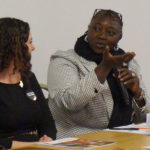
Sexual violence is a cross-border crisis that deeply impacts the lives of women and girls in Latin America. Bolivia faces one of the highest rates of sexual violence in the region.

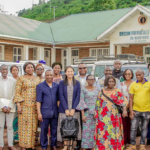
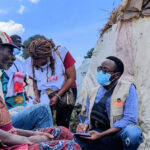
No matter the cause, humanitarian crises often mean an increase in sexual and reproductive health needs—yet access to safe abortion remains one of the most forgotten of those needs. Ipas Democratic Republic of Congo is making sure that access to abortion is included in humanitarian aid response to the devastating armed conflict in North Kivu.
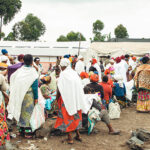
As a devastating armed conflict forced thousands of displaced people to gather in camps outside Goma in the Democratic Republic of Congo (DRC), the Ipas DRC team knew sexual and reproductive health services that included abortion were desperately needed. In the spirit of their tagline, “Makoki ya Mwasi,” a Lingala term that loosely translates as “the rights of women,” Ipas DRC refused to let a lack of funding deter them. They only had enough resources for 10 days of services, but worked around the clock to launch a mobile clinic and make every second count for the women and girls who needed them.
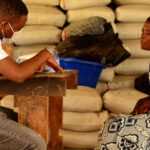
Around the world, recognition is growing that climate justice and reproductive justice are inextricably linked—and that effective solutions to the climate crisis require a focus on women’s rights and needs. Yet philanthropic support is lagging: Only 0.01% of global funding goes to projects that tackle both climate and women’s rights.
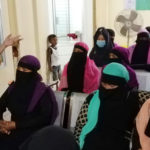
Research has long shown that women and girls who experience gender-based violence at the hands of their husbands or sexual partners often experience poor reproductive health and unintended pregnancy. This issue is heightened in humanitarian settings, where women and girls are at increased risk of sexual and gender-based violence.
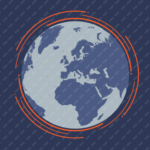
There are more refugees and displaced people than ever before—more than 100 million according to current estimates. While it is often believed that abortion care is not a priority need in refugee camps and other humanitarian settings, a study from the Central African Republic (CAR) adds to the growing body of evidence that it is.

Ipas Bolivia is supporting health centers to offer free sexual and reproductive health care to undocumented migrants and training health-care providers in care that is sensitive to the needs of this population.
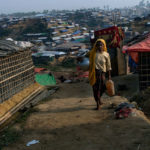
The UN Human Rights Council (HRC) has adopted a resolution acknowledging the need for safe abortion care for women and girls living in humanitarian settings around the world.
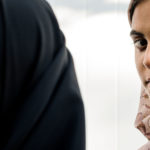
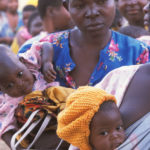
As a member of the Inter-Agency Working Group (IAWG) on Reproductive Health in Crises, Ipas has been involved in efforts for many years to advance the sexual and reproductive health of people affected by crises. . Tamara Fetters, Ipas senior research and evaluation advisor, and Tracy DiTucci, Ipas special projects advisor, fielded questions about Ipas’s work in this area.


